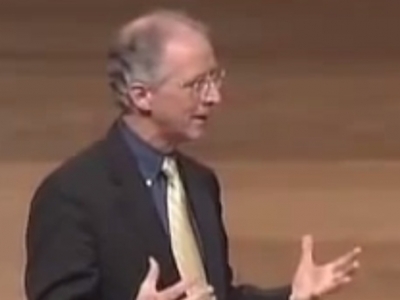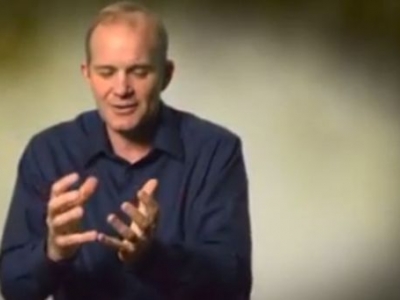
Marriage: More than companionship
What does the Bible mean when it says, "it's not good for man to be alone"?
Did God create women simply because, "it's not good for man to be alone"? Michael Hill answers that question as he reminds us to be careful not to interpret Biblical texts to suit our own views on marriage.
God’s plans and purposes for marriage are entangled in the larger story of the Bible, and so we must be careful to interpret these passages in the correct way. We should not isolate the sections on marriage and develop an independent understanding of them— something scholars would say is taking the passages out of context. By this they mean that we should not isolate words, phrases and sentences from the passages in which they occur. Nor should we isolate sections from larger passages in which they occur. This would be like interpreting a news story by reading the headline and perhaps one or two paragraphs within the body copy.
We can see the negative effect of isolation when we take a sentence from its passage. For example, the first half of Genesis 2:18 says, ‘It is not good for the man to be alone’. Some people have latched on to this verse and declared that marriage is all about companionship. This looks like a reasonable suggestion when the verse is isolated but when we look more closely at the passage we see that it cannot refer to companionship in its particular context.
Understanding the passage in context
When we look at the detailed account of creation that runs from Genesis 2:4-25, we find that it assumes the more general account found in Genesis 1 as its background.
In this earlier account, God has revealed that he has made humans in his image in order that they might ‘rule over’ the earth and ‘subdue it’. That is, humans would be in charge of the earth with the purpose of maintaining the good order embedded in the reality that God established at creation.
When Adam is relocated to the Garden of Eden, his task again is to work and care for it. It is in the context of this task that God declares that Adam should not be alone. The meaning of the statement is abundantly clear when God goes on to say, ‘I will make a helper suitable for him’. It is the huge task of keeping the creation in order that provides the situation in which God comments on Adam being alone. Adam is in need of help so God plans to provide a helper—someone who will unite with Adam in having many other little helpers.
Marriage is about more than just fulfilling our needs
You can see that if we isolate the sentence ‘It is not good for man to be alone’ we can make it refer to things that are not found in the context of the ongoing story. In this way we can change the meaning of the sentence. Commentators like Ash (2007, Chapter 2) have rightly objected to treating the text of Scripture in this way.
The whole thrust of the passage can be redirected towards humans and their needs instead of focusing on God and his purposes. In such cases the concern or purpose of the passage is taken to centre on human need and not on the fact that God has created humans, sex and marriage to serve him and his purposes.
We need to be very cautious about the way we treat the Scriptures as we study the nature and purpose of marriage. A distorted or warped view of marriage will not help us to find the joy and delight that God has prepared for us. The example above also reminds us that, as creatures, we must be careful not to lose sight of the Creator and his purposes. We distort reality if we place ourselves at the centre of creation. We commit idolatry if we value ourselves as creatures above the Creator. We are his servants and all we do must serve him, even in our marriages.
Taken from The Heart of Marriage by Michael Hill.
For more articles from Growing Faith, subscribe to our monthly e-newsletter.
To hear about the latest books and resources from Youthworks Media, subscribe here.







